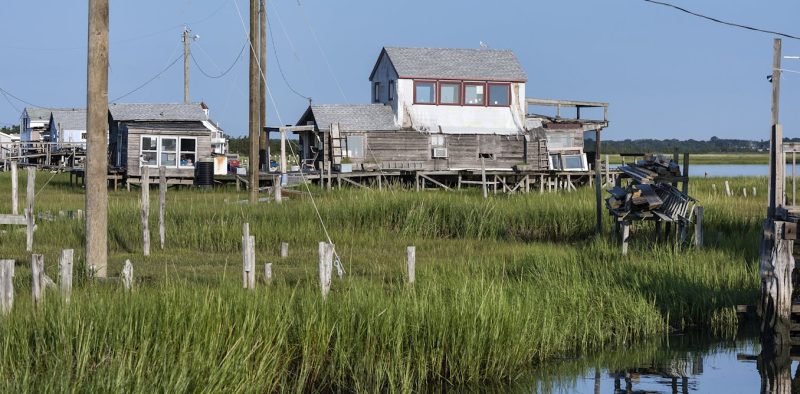
It’s undeniable: the US is facing increasingly frequent and intense wildfires, floods, and extreme heat. These aren’t isolated incidents; they’re symptoms of a changing climate. And yet, as the government accelerates its reliance on fossil fuels, vital funding for climate adaptation research is facing the axe. This is a dangerous gamble with our nation’s future.
For years, federally funded scientists have been developing crucial solutions to help communities mitigate the devastating effects of climate change. They’ve worked tirelessly to protect lives, livelihoods, and natural resources. Now, these critical programs, including the Climate Adaptation Science Centers, are on the chopping block, with reports suggesting imminent layoffs of climate scientists. This is short-sighted and deeply concerning.
The consequences of this decision are far-reaching. Consider the vital work these centers undertake: in the Southwest, they’re developing wildfire forecasting models, helping communities implement preventative measures like controlled burns and firebreaks. In the Pacific Islands, similar research helps communities prepare for and recover from devastating fires fueled by drought and invasive species.
Along coastlines, these scientists are working to protect vital salt marshes, which act as natural buffers against storms and provide crucial habitats for fish. Rising sea levels threaten these ecosystems, but researchers are developing flood projections and restoration techniques to help ensure their survival. In Alaska and the Northwest, they’re helping salmon populations cope with rising water temperatures through fish rescues and early warning systems.
The economic impact of inaction is also substantial. Invasive species, whose spread is exacerbated by climate change, cost billions of dollars annually in damage to crops and forests. Federally funded research helps identify and prioritize these threats, enabling proactive management before they become widespread problems.
These projects are not just about scientific research; they’re about building strong relationships between scientists and the communities that need their expertise. State, local, tribal, and federal agencies rely on this collaboration to implement effective solutions. Eliminating this crucial funding will leave the US far more vulnerable to future climate hazards.
The current trajectory is alarming. While we continue to increase our reliance on fossil fuels, we’re simultaneously dismantling the very mechanisms designed to help us adapt to the inevitable consequences. This is a critical moment. We need to prioritize climate adaptation, not abandon it. The future of our communities depends on it.










